Avant, les Chills ont publié Brave Words un premier album quelque peu oublié par la mémoire collective. En 1987, Martin a encore les pieds brûlés par le punk et baigne dans la piscine post-punk. Après avoir publié quatre singles en quatre ans, les Chills passent à la vitesse supérieure et rentrent en studio pour enregistrer un album.
Nous sommes revenus sur cet enregistrement avec Martin Phillipps.
Discographie
The ChillsComment avez-vous rencontré le label Flying Nun Records ?
Martin Phillipps : En 1981, le groupe The Clean de Dunedin tournait dans toute la Nouvelle-Zélande et j’ai été recruté comme ingénieur-son et claviériste. Je faisais ça par intermittence. Nous avons rencontré le fondateur du label Roger Sheperd à Christchurch et il est revenu à Auckland pour voir de nouveau The Clean. Il a parlait à Chris Know et Doug Hood de l’idée de lancer un petit label pour développer la nouvelle scène néo-zélandaise qui était très excitante. The Clean a ensuite enregistré Tally Oh à Christchurch et j’ai joué les parties de piano de Robert Scott. Le reste est l’histoire …
The Chills – Wet Blanket
Te rappelles-tu de la première chanson que tu as écrite ?
Martin Phillipps : Au débuts des années 70, quand je devais avoir environ 10 ans, il y avait un concours d’écriture de chansons à la télévision et j’ai essayé d’écrire quelque chose à propos de l’écologie (je crois que cela s’appelait « Timber ! ») mais je ne l’ai jamais finie. Quand j’ai rejoint mon premier groupe, The Same, en 1978, j’ai rapidement écrit deux chansons moyennes qui s’appelaient Art School et Same Song (toutes les deux écrites avec le chanteur Jeff Batts) et avant ça j’avais écrit des choses seul comme
Frantic Driff que les The Same jouaient en 79 et au début de l’année 1980. Nous avons essayé de faire ensemble Kaleidoscope World et Satin Doll mais c’était en deçà des capacités du groupe donc je les ai gardées pour mon groupe suivant, les Chills. C’est pourquoi les Chills ont choisi d’enregistrer ces trois chansons plutôt que des nouvelles… Nous voulions les mettre sur notre premier album car nous étions prêts pour l’enregistrement. Nous ne savions pas que cela allait nous prendre 6 ans.
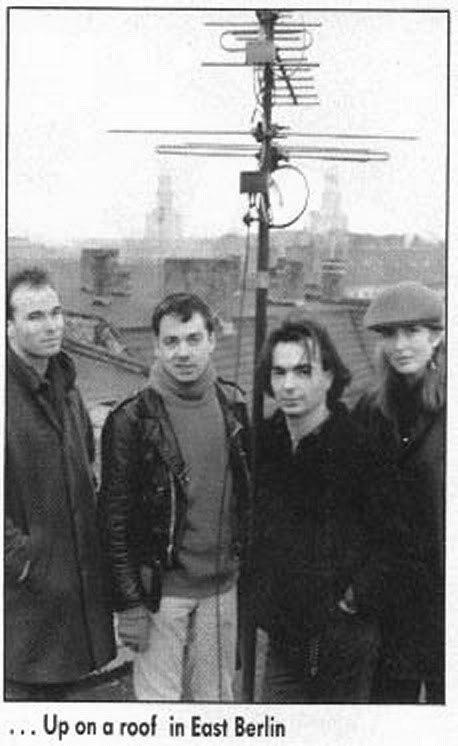
Pourquoi avez-vous choisi d’enregistrer ce disque aux studios The Point ?
Martin Phillips : Notre manager de cette époque était originaire de Dunedin et était installé à Londres. Craig Taylor, c’est son nom, avait des liens avec The Point Studios (Belgravia/Londres). Nous avons pu obtenir de bons prix ce qui était crucial pour nous car nous disposions d’un petit budget. C’était un petit studio mais très pratique et nous y avons enregistré I Love My Leather Jacket en décembre 1985 (ainsi qu’une version d’Oncoming Day qui aurait dû être la face A mais qui n’était pas assez bonne) et ensuite House With A Hundred Rooms en mai 1987 et qui fait le pont avec l’enregistrement de l’album Brave Words en juin et juillet 1987.
https://www.youtube.com/watch?v=I3c5rumiVBE
Ce fut un enregistrement facile ?
Martin Phillips : Nous avions bien répété la plupart des chansons et les avions pas mal jouées en live. Mais nous n’avions jamais discuté de leurs structures. C’est ce qui nous prend aujourd’hui le plus de temps sur notre album. Ce fut une étape majeure pour moi de commencer à apprendre les rudiments de l’édition et de comprendre que ce qui marchait en concert pour un groupe de post punk ne fonctionnait pas nécessairement sur un disque. Malheureusement, je pense que nous avons perdu un peu trop de cette énergie que nous avions en concert. Il y en a pourtant sur les bandes de l’album. Je le sais car j’ai remixé quelques morceaux pour la compilations Heavenly Pop Hits au début des années 90. C’est une des raisons pour lesquelles je veux remixer l’album au lieu de simplement le remasteriser. En dehors de toutes ces considérations, on a travaillé rapidement car le budget était limité.
Quel est ton meilleur souvenir lié à cet enregistrement ?
Martin Phillipps : Je me souviens de l’excitation finale d’avoir enregistré dans son intégralité et le soulagement personnel d’avoir pu libérer des chansons qui étaient, pour certaines, dans ma tête depuis sept ans. Le studio était en partie la propriété d’Alan Price des The Animals et son clavier Hammond y était stocké. Nous l’avons utilisé sur House Of The Rising Sun et il a fallu quatre personnes pour le déplacer. Il a aussi servi une autre version inédite d’Oncoming Day qui au final a été retirée l’album Brave Words (Si l’album est réédité, ce titre sera peut-être un bonus).
Pourquoi avoir choisi Mayo Thomson comme producteur ?
Martin Phillipps : Nous avons approché quelques producteurs mais certains étaient totalement désintéressés par un « groupe de Nouvelle-Zélande » surtout ceux de la Brit Pop et d’autres choses joyeuses. Certains nous voyaient juste comme un contrat. Il nous fallait quelqu’un qui comprenne d’où nous venions et nous ne voulions pas sonner comme les autres groupes des années 80. Mayo semblait comprendre ça. Il était drôle, pensif et pas bavard. Mais ces propositions étaient toujours instinctives et astucieuses.
Et pourquoi avoir appelé cet album Brave Words ?
Martin Phillipps : Je me souviens que nous avons hésité entre quelques titres. Mais au final ce fut logique d’utiliser le titre d’une des chansons et Brave Words semblait être une bonne déclaration forte pour un groupe qui ne ressemblait à aucun autre groupe et qui avait du mal à réussir loin de la maison.
Quelle est la chanson préférée de cet album ?
Martin Phillips : Beaucoup de ces chansons avaient cinq ou six ans alors que le reste était assez récent. Le groupe était en train d’apprendre à les maîtriser. Je suis toujours impressionné par le fait que nous ayons maîtrisé un matériel complexe sur un très court temps d’enregistrement comme par exemple Rain, Ghosts et Creep. Nous avons essayé de créer quelque chose d’assez ample avec Dark Carnival (c’est la seule fois où nous avons utilisé une boîte à rythmes) mais il y avait des chansons plus vieilles comme Wet Blanket et Night Of Chill Blue qui avaient très bien résisté au temps.
Quels sont tes sentiments par rapport à ce disque aujourd’hui ?
Martin Phillips : Cet album m’a ennuyé pendant des années. Nous avons été trop loin dans le mix avec des effets de reverb peu onéreux et il n’a pas été masterisé comme il l’aurait dû l’être. Tout a été fait de manière trop rapide. Nous n’aurions pas dû mettre les trois titres de l’édition 12′ du single House With A Hundred Rooms. Ces titres apparaissent sur la version cd mais en tant que titres bonus.
The Chills – House With A Hundred Rooms (12
Je crois que nous allons finalement parler sérieusement d’un nouveau mix et d’une nouvelle sortie dans un futur proche. Je profiterai de cette opportunité pour le mettre en adéquation avec les autres disques des Chills en l’appelant Spoken Bravely : The Re-Mixed Brave Words. Je sais que nous avons joué ces chansons de manière puissante et j’aimerai bien que les gens entendent ça.
Quels liens fais-tu entre ce premier album Submarine Bells ? Votre son a totalement évolué !
Martin Phillipps : Il y a eu très peu de pré-production sur Brave Words si ce n’est quelques démos rapidement faites à Auckland. Les chansons ont été jouées rapidement par le groupe en concert. Il y avait aussi les nouvelles chansons. Le groupe était au niveau. Je n’avais pas de studio « maison » à cette époque. Submarine Bells a bénéficié de ma capacité à expérimenter avec des sons et des structures et de comprendre la nécessité de mettre mes idées au diapason avec les quatre personnes dans le studio. Nous avons également eu plus d’argent disponible pour le temps et l’expérimentation dans le studio quand nous avons enregistré Submarine Bells. L’ensemble sonne mieux car il a été principalement écrit sur la même période alors que les chansons de Brave Words ont été écrites sur une période de sept ans et en fait un album très maladroit qui ne coule pas bien. Je suis encore très fier du niveau d’écriture de chansons sur Brave Words alors que j’étais à l’aube de mes 20 ans et que la moitié des chansons a été écrite à la fin de mon adolescence. Il y a quelques vrais joyaux sur Brave Words qui sonnent comme personne d’autre et qui sonne comme les The Chills.
The Chills – Brave Words
Brave Words de The Chills est disponible via Flying Nun Records.
Le dernier disque des Chills a été publié par Fire Records et s’appelle Silver Bullets.
- Push
- Rain
- Speak For Yourself
- Look For The Good In Others And They'll See The Good In You
- Wet Blanket
- Ghosts
- Dan Destiny And The Silver Dawn
- Night Of Chill Blue
- 16 Heart-throbs
- Brave Words
- Dark Carnival
- Creep
Retrouvez les articles de la rubrique [1987-2017] :
English text
How did you meet the team of Flying Nun Records ?
In 1981 Dunedin band The Clean toured through New Zealand and I went along as occasional sound-person and keyboardist. We met Flying Nun founder Roger Shepherd in Christchurch and he came up to Auckland to see The Clean again and talk with Chris Knox and Doug Hood about the idea of starting a small label dedicated to catching the exciting new music scene in New Zealand. The Clean then recorded the single ‘Tally Ho’ in Christchurch on the way home and I played Robert Scott’s keyboard part on it and the rest is history.
Do you remember the first song you ever wrote ?
In the early ’70s when I was probably around ten years old there was a song-writing competition on TV and I tried writing something for that about ecology (called, I believe, ‘Timber!’) but I never finished it. When I joined my first band, The Same, in late ’78 I soon wrote two very average songs ‘Art School’ and ‘Same Song’ (both with singer Jeff Batts) before I very quickly began to find my own direction as a song-writer and came up with ‘Frantic Drift’ which The Same played often through ’79/early ’80. We also tried both ‘Kaleidoscope World’ and ‘Satin Doll’ but they were beyond the capabilities of the band so I kept them for my next band, The Chills. That is why The Chills chose to record those three earliest of our songs for the Dunedin Double E.P. rather than some of the exciting newer songs we were already doing because we thought we would soon be recording our first album. We didn’t know that was another six years away!
Why did you choose to record this album at The Point Studios ?
Our manager at the time, London-based Dunedinite Craig Taylor, had connections with The Point Studios (Belgravia, London) so we were able to get good deals there which was crucial as there was so little money available to record with. It was a small but efficient studio and we had already recorded ‘I Love My Leather Jacket’ there in December ’85 (along with a version of ‘Oncoming Day’ which was to have been the A-side but was not quite good enough) and then the ‘House With A Hundred Rooms’ 12″ single in May ’87 as something to fill the gap before the ‘Brave Words’ album which was recorded in late June/July ’87.
How easy was the recording process ?
We were pretty well rehearsed for most of the songs, having played them live a lot, but we had never really discussed the kind of structures that might work even better on the actual album. It was a major step for me to begin learning the skill of self-editing and realising that what worked well when played live as a post-punk band was not necessarily going to work on a record. Unfortunately I think we lost of bit too much of that live energy although I know there is a lot more there on tape than one might expect because I remixed a couple of the songs for the ‘Heavenly Pop Hits’ compilation in the early ’90s. That is one reason I want to remix the album as opposed to simply remastering it. Apart from that it was just work as fast as possible within a very limited time-frame and budget.
What’s your best memory about this recording process ?
I remember the excitement of finally getting to record a whole album after so long and also the personal relief of being able to let go of songs I had been having to carry in my head for, in some cases, seven years. The studio was part-owned by Alan Price from The Animals and his massive valve-driven Hammond keyboard was stored there. It was the very one from their recording of ‘House Of The Rising Sun’ and it took four people to carry. We used it on yet another unreleased version of ‘Oncoming Day’ which was ultimately left off the ‘Brave Words’ album. [If the album is re-released this may finally be included as a bonus track].
Why did you choose Mayo Thomson as producer ?
We talked to a few producers and some were totally disinterested in « some band from New Zealand » – especially with Brit-Pop and other new things happening and other producers just didn’t seem to get it and saw us only as just a fill-in job. We needed someone who understood where we were coming from and that we didn’t want to sound like all the other ’80s bands around at the time and Mayo seemed to understand. He was fun and thoughtful and didn’t say much but when he did suggest something it was always very astute and sensible.
What’s the reason behind the title « Brave Words » ?
I remember that we considered many titles but ultimately it made sense to use the title of one of the songs and ‘Brave Words’ seemed like a good strong statement for a band that didn’t really sound like anyone else and was struggling to succeed a long way from home.
What’s your favorite song of this album ?
Many of the songs were five or six years old while the rest were very recent and we were, as a band, still getting to grips with them. I am still impressed that we took on some quite complex material, in the short recording time available, with tracks like ‘Rain’, ‘Ghosts’ and ‘Creep’. We also tried to create something largely in the studio with ‘Dark Carnival’ (our only use of a drum-machine) – but it is some of the older material like ‘Wet Blanket’ and ‘Night Of Chill Blue’ which have best stood the test of time.
What are your feelings today about this Lp ?
This album has annoyed me for years! We went overboard in the mixing process with too much cheap reverb effect and then it was not mastered as well as it could have been. It was all done is such a hurry. We also should not have included the three tracks from the ‘House With A Hundred Rooms’ 12″ single as part of the actual album on the CD version when they should have been just bonus tracks.
I believe we are finally seriously talking about re-mixing it and re-releasing it at some point in the near future and I may take the opportunity to bring it into line with all the other Chills’ « S.B. » titles by calling it ‘Spoken Bravely: The Re-Mixed Brave Words’. I know we performed the songs powerfully and I would love people to finally hear that.
What are the links between this first Lp and Submarine Bells ? The sound is very very different !
There had been little pre-production for ‘Brave Words’ apart from some quick demo’s in Auckland and then our performing many of the songs live – but the band was still quite new to some of the material. I did not have my first home-recording set-up until after ‘Brave Words’ was released so ‘Submarine Bells’ benefited from my being able to experiment with sounds and structures away from the necessity of fitting my ideas into the range of sounds possible with a four-piece band in a practice room. We also had more money available for time and experimentation in the studio when we recorded ‘Submarine Bells’ and the material fitted together better as it was mostly written around the same time and about recent experiences whereas the songs on ‘Brave Words’ were written over a seven year period and made for a very awkward album which does not flow well. I am still very proud of the level of song-writing on ‘Brave Words’ though as I was still only in my early ’20s and half the songs I had written in my late teens. There are some real gems on ‘Brave Words’ that sound like no-one else but The Chills.

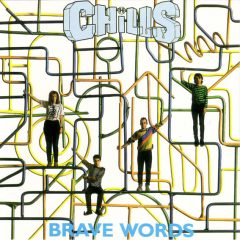
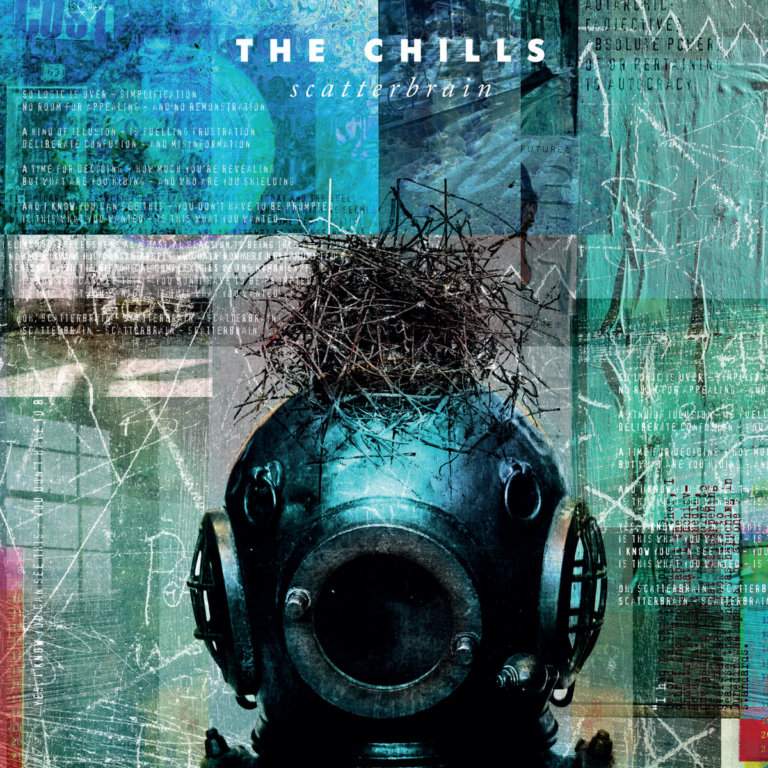
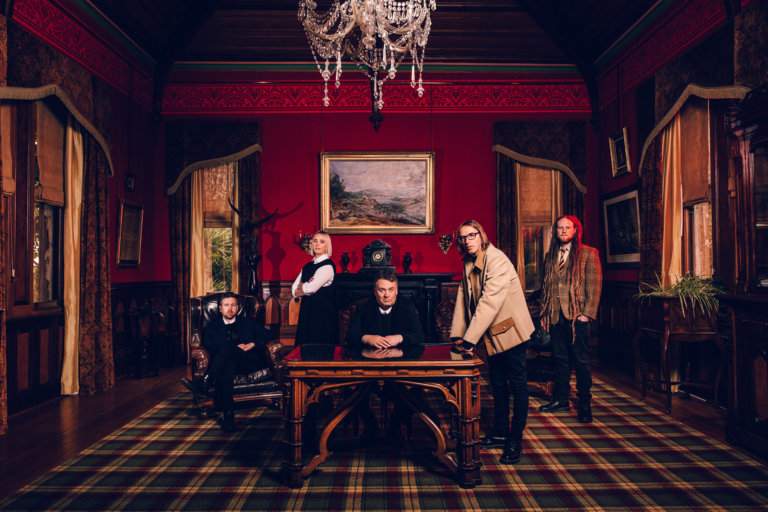
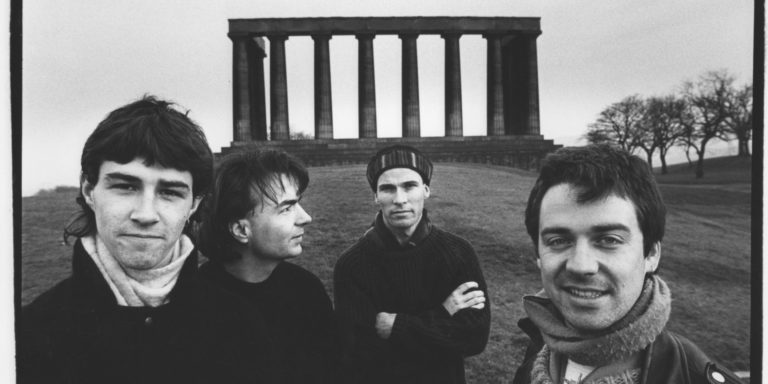
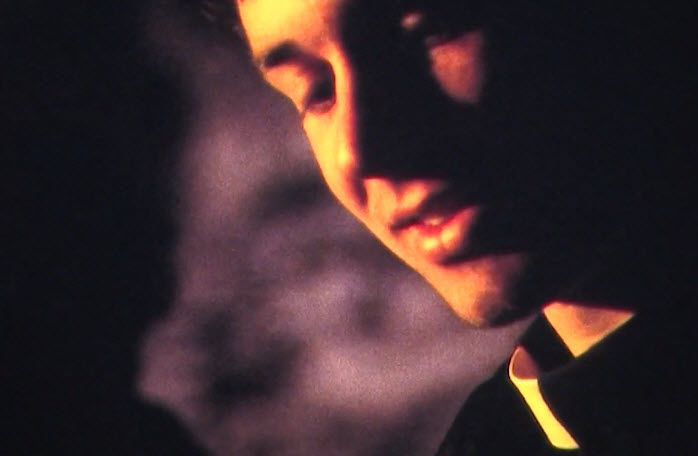
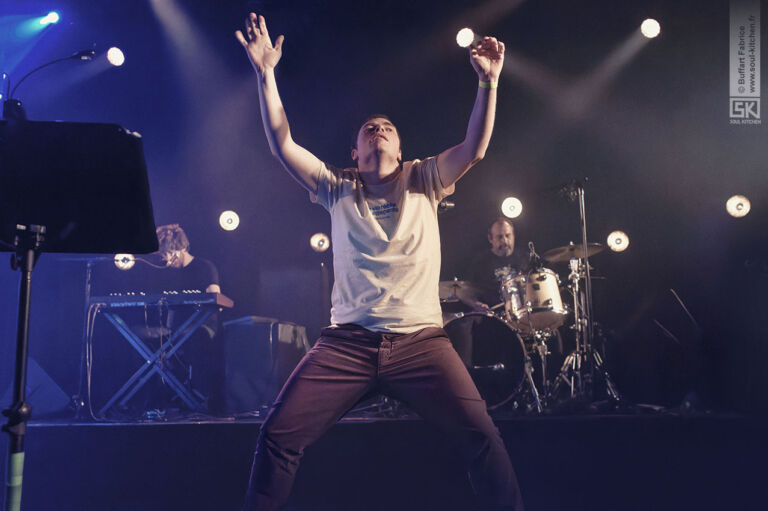
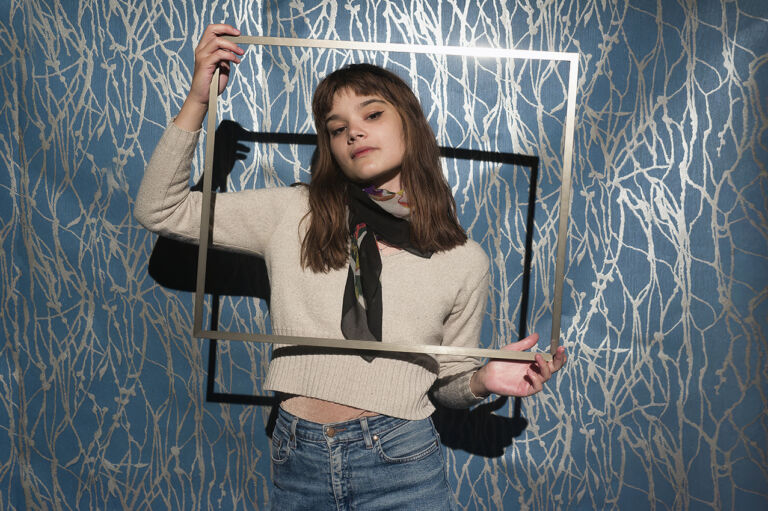
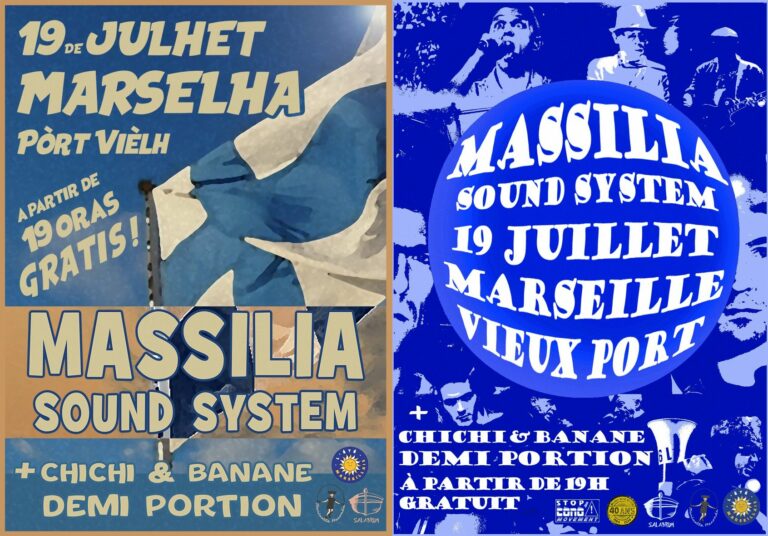
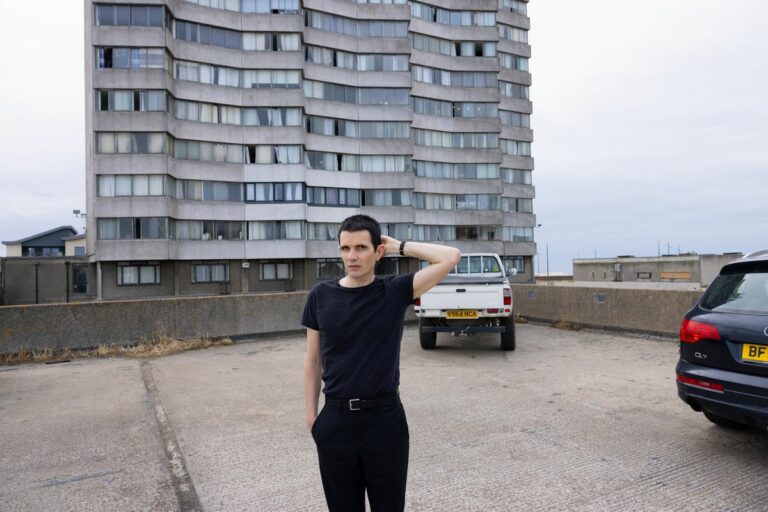
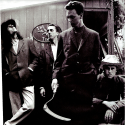 [1987 – 2017] The Lilac Time : Times They Are a Changing
[1987 – 2017] The Lilac Time : Times They Are a Changing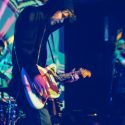 5 questions à … VedeTT
5 questions à … VedeTT